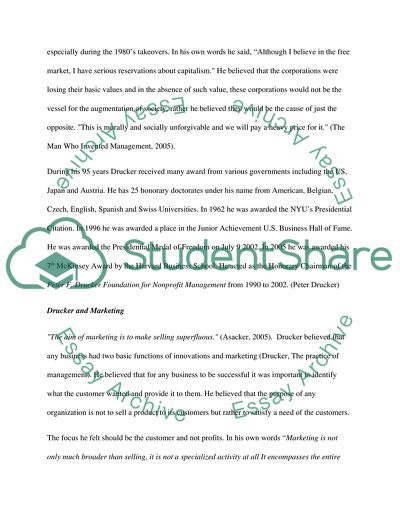Cite this document
(Peter Drucker on Marketing Case Study Example | Topics and Well Written Essays - 2500 words - 15, n.d.)
Peter Drucker on Marketing Case Study Example | Topics and Well Written Essays - 2500 words - 15. Retrieved from https://studentshare.org/marketing/1735206-management
Peter Drucker on Marketing Case Study Example | Topics and Well Written Essays - 2500 words - 15. Retrieved from https://studentshare.org/marketing/1735206-management
(Peter Drucker on Marketing Case Study Example | Topics and Well Written Essays - 2500 Words - 15)
Peter Drucker on Marketing Case Study Example | Topics and Well Written Essays - 2500 Words - 15. https://studentshare.org/marketing/1735206-management.
Peter Drucker on Marketing Case Study Example | Topics and Well Written Essays - 2500 Words - 15. https://studentshare.org/marketing/1735206-management.
“Peter Drucker on Marketing Case Study Example | Topics and Well Written Essays - 2500 Words - 15”, n.d. https://studentshare.org/marketing/1735206-management.


